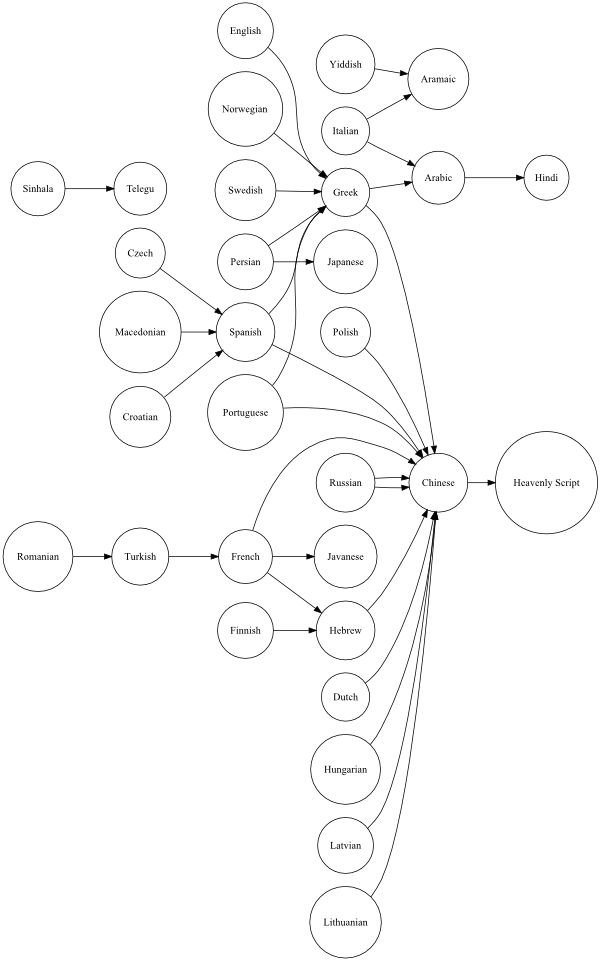Lithuanian here.
"Neperšokęs griovio, nesakyk 'op'“ (Don't say 'op' before you jump over the ditch) Don't brag about doing something before you did it.
"Bala nematė" (The swamp didn't see) When you are facing a dilemma and decide to just do something.
"Man šakės" (It's the pitchfork for me) Basically means “I'm fucked"
"Pagauti kampą" (To catch the corner) To understand something.
"Stogas važiuoja" (The roof is going away) Used to refer to someone who's going crazy.
"Pilstyti iš tuščio į kiaurą" (To pour from an empty one into a leaky one) to speak in meaningless statements.
"Pjauti grybą" (To cut the mushroom) to talk nonsense, or do meaningless tasks.
"Nevynioti žodžių į vatą" (Not to roll words into cotton wool) to speak directly and honestly.
"Palikti ant ledo" (To leave someone on ice) To ghost or abandon someone.
"Aiškintis santykius" (To clarify relations) To have a fight.
“Rodyti ožius" (To show the goats) To act stubborn.

